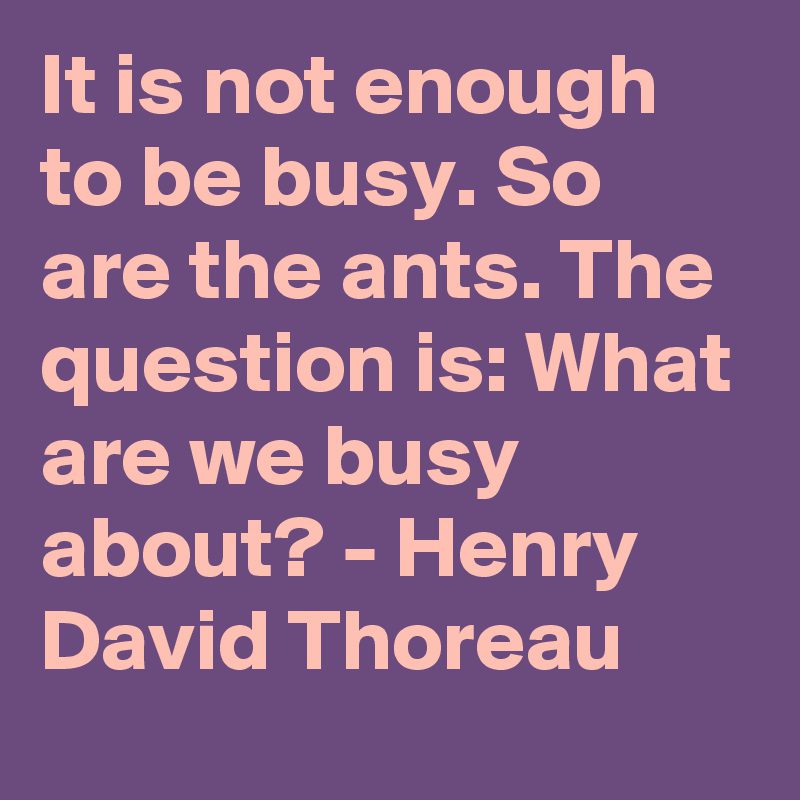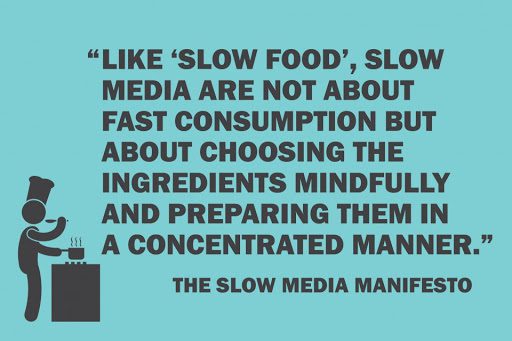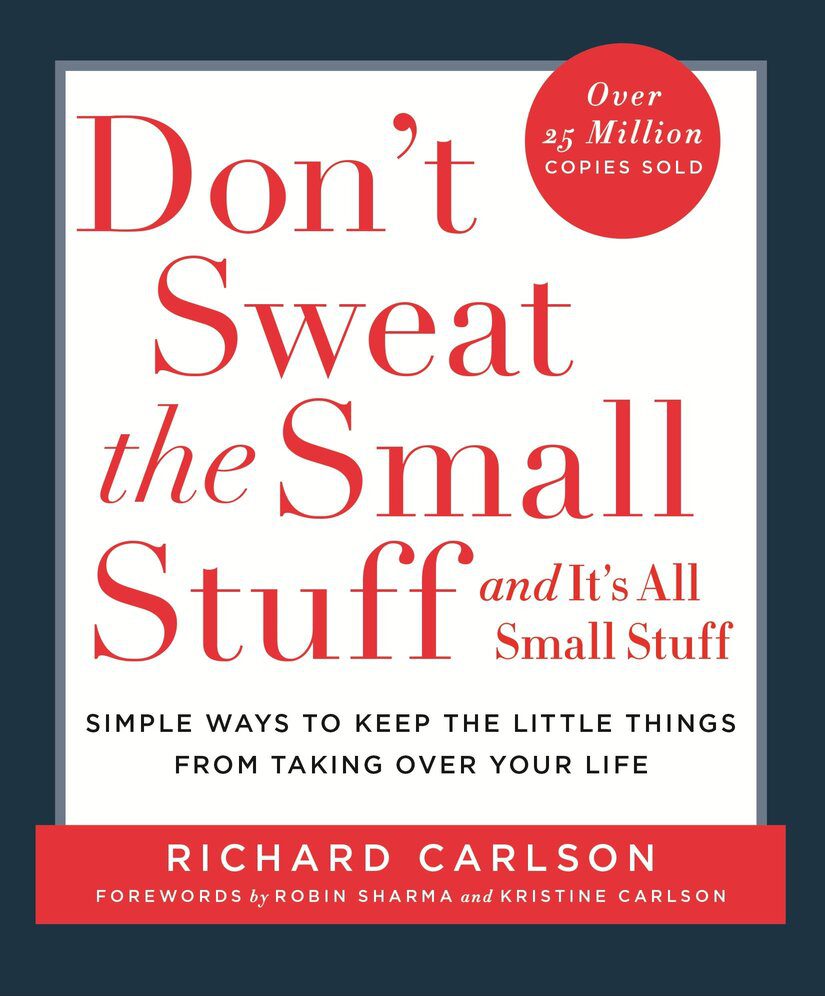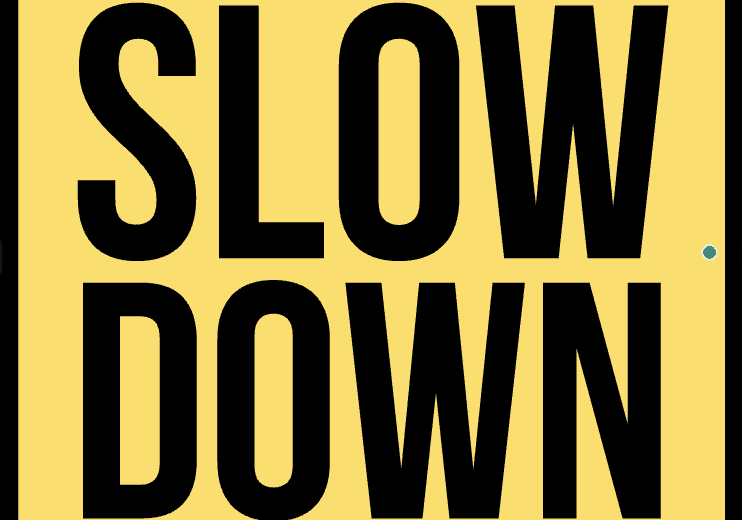Desire hath no rest, is infinite in itself, endless, and as one calls it, a perpetual rack, or horse-mill.
I started learning how to swim in late 2021, and like most new activities, the learning curve was steep. I started in a YMCA swimming pool nearby, and the life guides kept telling me, “To go fast, you need to go slow.” It did not make sense to me then, but it makes total sense in hindsight. Just like in swimming, as in life, sometimes you might need to go slow, reassess the situation, pace yourself and relentlessly execute afterwards. Getting a time out is necessary in most situations, rest if you have to, go on vacation, take a nap, sleep and re-assess the situation afterwards.
We live in a high-paced world with everything at our fingertips; we are constantly rushing to fill our to-do lists, busy for busy sake, and we hardly have time to introspect, think or slow down to smell the roses. As leading American Transcendentalism, Henry David Thoreau once quipped, “It is not enough to be busy. So are the ants. The question is: What are we busy about?”

The Slow Down Manifesto 1

The Slow Media Manifesto argues that in an age in which the digital attention economy is shoveling more and more clickbait toward us and fragmenting our focus into emotionally charged shards, the right response is to become more mindful in our media consumption:
Early in 2010, a trio of Germans (Benedikt Köhler, Sabria David and Jörg Blumtritt) with backgrounds in sociology, technology, and market research posted online a document titled “Das Slow Media Manifest.” The English translation reads: “The Slow Media Manifesto.“
Slow Media is a movement focusing on the pace of media production and consumption in the digital age. It advocates for alternative ways of making and using media that are more intentional, more enjoyable, longer lasting, better researched/written/designed, more ethical, and of higher quality overall.
Slow Media developed in response to complex media formats and instant communication methods characteristic of digital culture, in which “high volumes of information are updated in real-time and are perpetually at your fingertips.
Remind Yourself that When You Die, Your “In Basket” Won’t Be Empty 2

So many of us live our lives as if the secret purpose is to somehow get everything done. We stay up late, get up early, avoid having fun, and keep our loved ones waiting. Sadly, I’ve seen many people who put off their loved ones so long that the loved ones lose interest in maintaining the relationship. I used to do this myself. Often, we convince ourselves that our obsession with our “to do” list is only temporary – that once we get through the list, we’ll be calm, relaxed, and happy. But in reality, this rarely happens. As items are checked off, new ones simply replace them.”
“The nature of your “in basket” is that it’s meant to have items to be completed in it – it’s not meant to be empty. There will always be phone calls that need to be made, projects to complete, and work to be done. In fact, it can be argued that a full “in basket” is essential for success. It means your time is in demand!”
“Regardless of who you are or what you do, however, remember that nothing is more important than your own sense of happiness and inner peace and that of your loved ones. If you’re obsessed with getting everything done, you’ll never have a sense of well being! In reality, almost everything can wait. Very little in our work lives truly falls into the “emergency” category. If you stay focused on your work, it will all get done in due time.”
“I find that if I remind myself (frequently) that the purpose of life isn’t to get it all done but to enjoy each step along the way and live a life filled with love, it’s far easier for me to control my obsession with completing my list of things to do. Remember, when you die, there will still be unfinished business to take care of. And you know what?
Someone else will do it for you! Don’t waste any more precious moments of your life regretting the inevitable.”
In his book, Words Aptly Spoken, author and pastor Bob Moorehead writes about the various paradox in our modern life and the need to slow down to pay attention to our closest relationships. He observed:
“The paradox of our time in history is that we have taller buildings but shorter tempers, wider Freeways, but narrower viewpoints. We spend more, but have less, we buy more, but enjoy less. We have bigger houses and smaller families, more conveniences, but less time. We have more degrees but less sense, more knowledge, but less judgment, more experts, yet more problems, more medicine, but less wellness.
We drink too much, smoke too much, spend too recklessly, laugh too little, drive too fast, get too angry, stay up too late, get up too tired, read too little, watch TV too much, and pray too seldom. We have multiplied our possessions, but reduced our values. We talk too much, love too seldom, and hate too often.
We’ve learned how to make a living, but not a life. We’ve added years to life not life to years. We’ve been all the way to the moon and back, but have trouble crossing the street to meet a new neighbor. We conquered outer space but not inner space. We’ve done larger things, but not better things.
We’ve cleaned up the air, but polluted the soul. We’ve conquered the atom, but not our prejudice. We write more, but learn less. We plan more, but accomplish less. We’ve learned to rush, but not to wait. We build more computers to hold more information, to produce more copies than ever, but we communicate less and less.
These are the times of fast foods and slow digestion, big men and small character, steep profits and shallow relationships.
These are the days of two incomes but more divorce, fancier houses, but broken homes. These are days of quick trips, disposable diapers, throwaway morality, one night stands, overweight bodies, and pills that do everything from cheer, to quiet, to kill. It is a time when there is much in the showroom window and nothing in the stockroom. A time when technology can bring this letter to you, and a time when you can choose either to share this insight, or to just hit delete…
Remember, to spend some time with your loved ones, because they are not going to be around forever. Remember, say a kind word to someone who looks up to you in awe, because that little person soon will grow up and leave your side.
Remember, to give a warm hug to the one next to you, because that is the only treasure you can give with your heart and it doesn’t cost a cent.
Remember, to say, “I love you” to your partner and your loved ones, but most of all mean it. A kiss and an embrace will mend hurt when it comes from deep inside of you.
Remember to hold hands and cherish the moment for someday that person might not be there again. Give time to love, give time to speak! And give time to share the precious thoughts in your mind.”
Meditations
- Daily Calm with Tamara Levitt – Staying
- See if you can stay with emotion without identifying with it. All emotions come and go, they aren’t fixed, they are temporary experiences of this moment.
- We tend to bury, distract and avoid strong emotions. A healthier way of dealing with heavy emotions, instead of closing the door, we invite them in. If we don’t learn to face whatever we are dealing with, we will always be running. When we observe our hurt with objectivity, it transforms from a defect of our being to an emotion in our experience at this moment. When we move through discomfort and understanding of impermanence, we see that all emotions come and go; they may overwhelm us but they will always change.
“To stay with that shakiness—to stay with a broken heart, with a rumbling stomach, with the feeling of hopelessness and wanting to get revenge—that is the path of true awakening. Sticking with that uncertainty, getting the knack of relaxing in the midst of chaos, learning not to panic—this is the spiritual path.” ― Pema Chödrön, When Things Fall Apart: Heart Advice for Difficult Times
Daily Jay with Jay Shetty – Offering Advice
- Sometimes we see things more clearly than those we care about, we notice behaviours they are engaging in or not engaging in that negatively impact their health and overall life balance. It is more effective to tie your suggestion to one of their goals or values.
- The key is to support their best life and not project your best life unto them. Make sure that when you are offering advice, make sure you are leading them to a destination they genuinely desire.
Podcast
All the best in your quest to get better. Don’t Settle: Live with Passion.


Comments are closed.